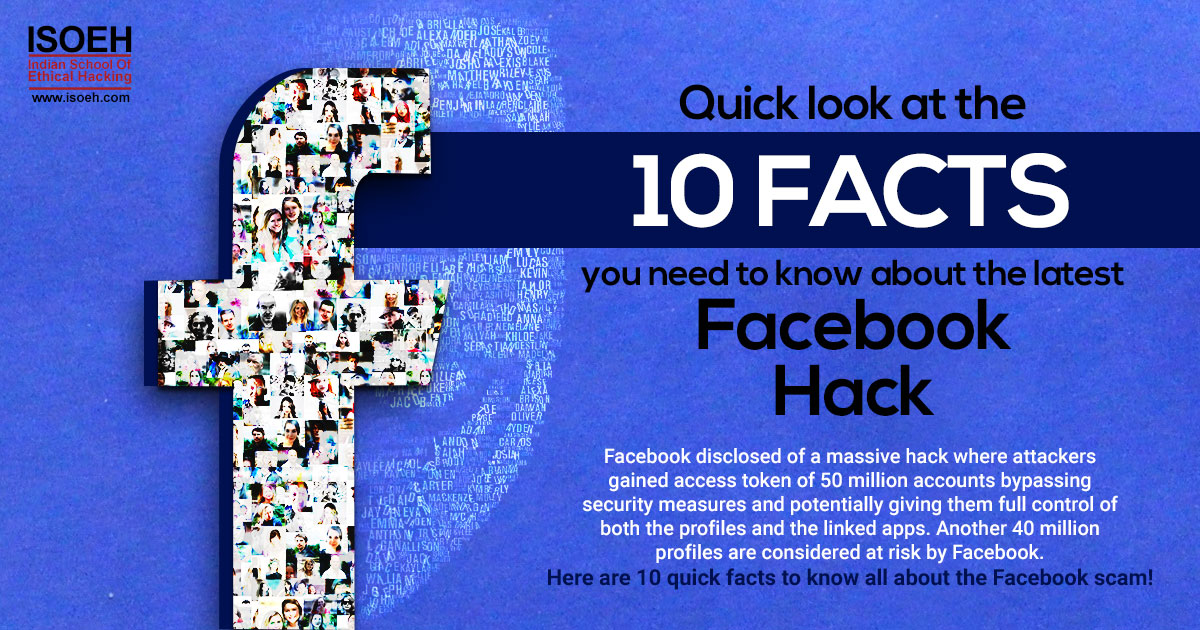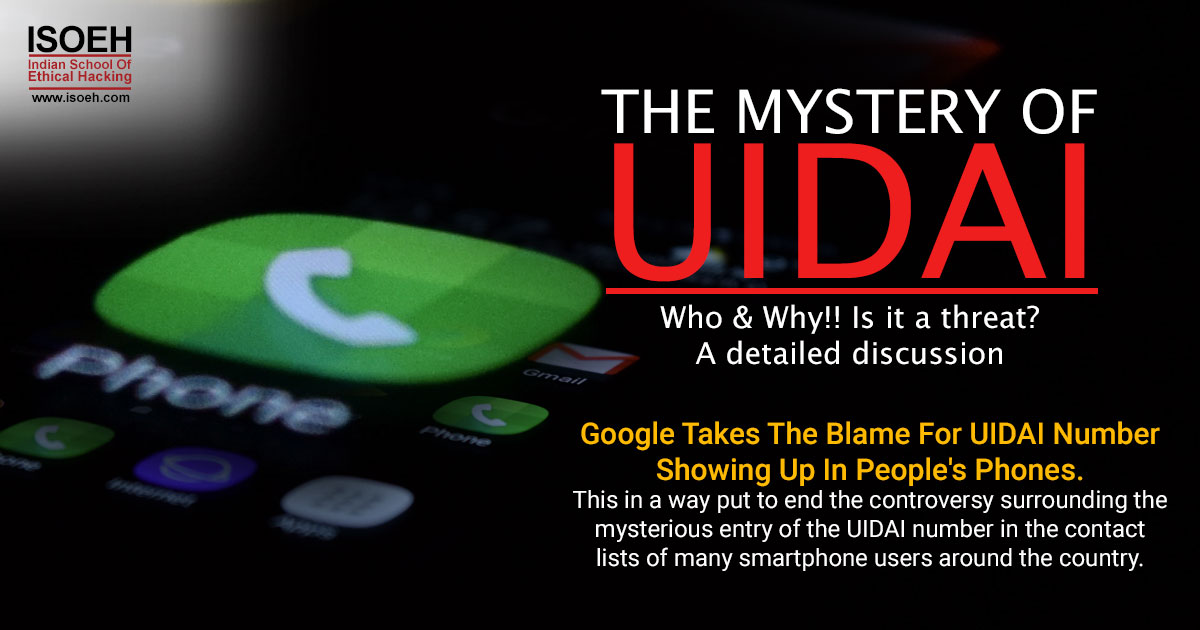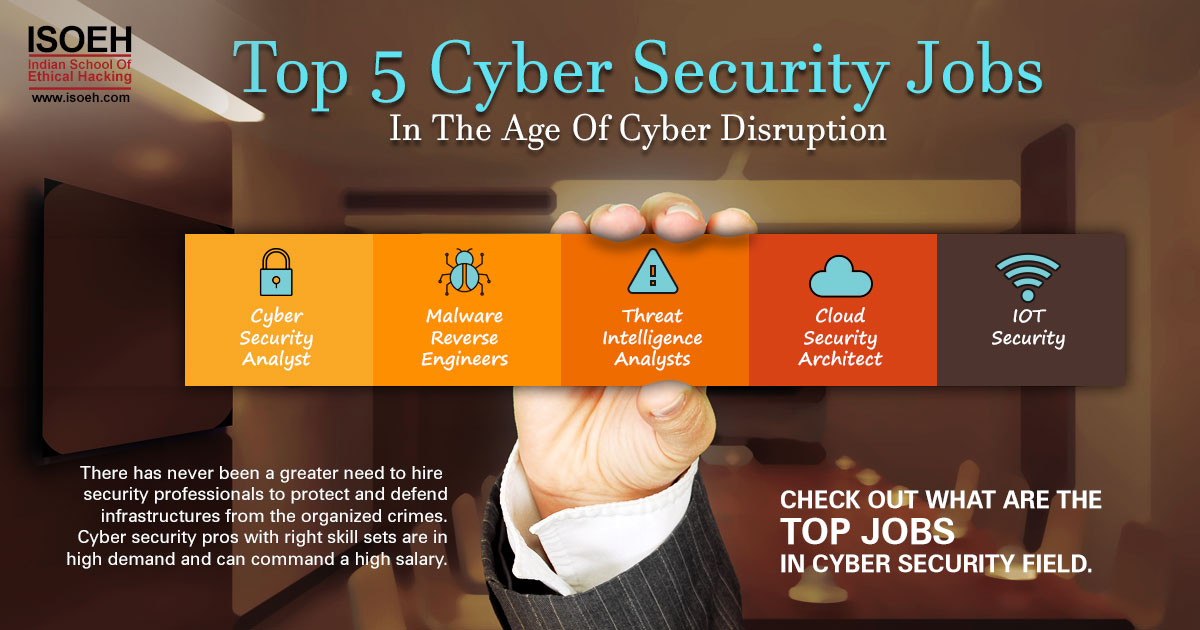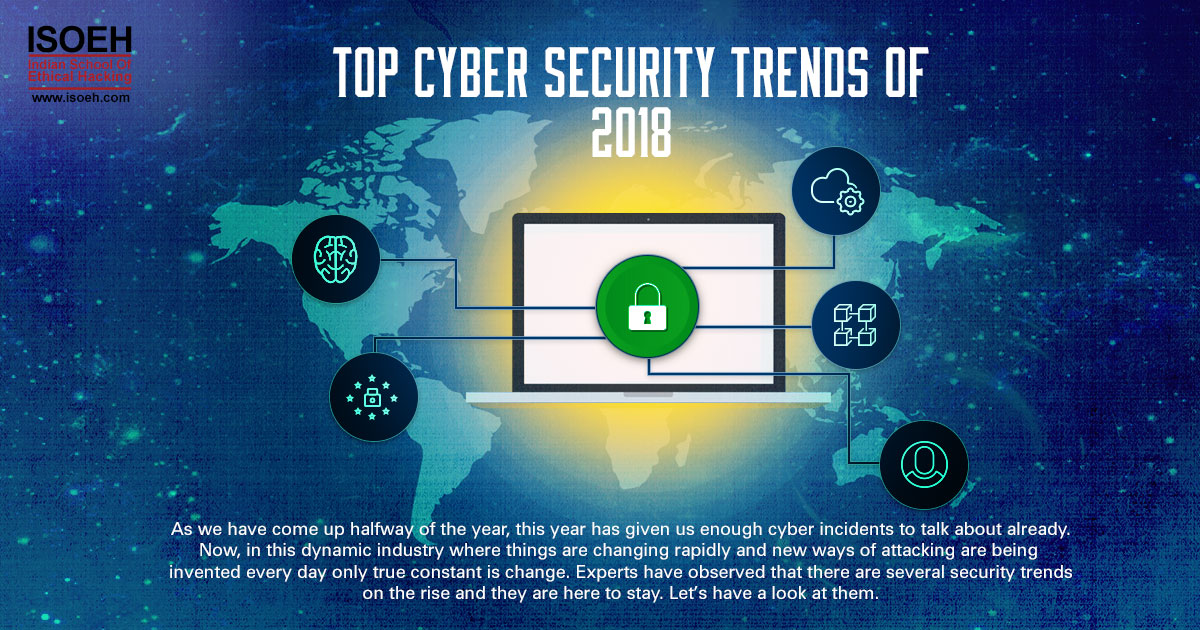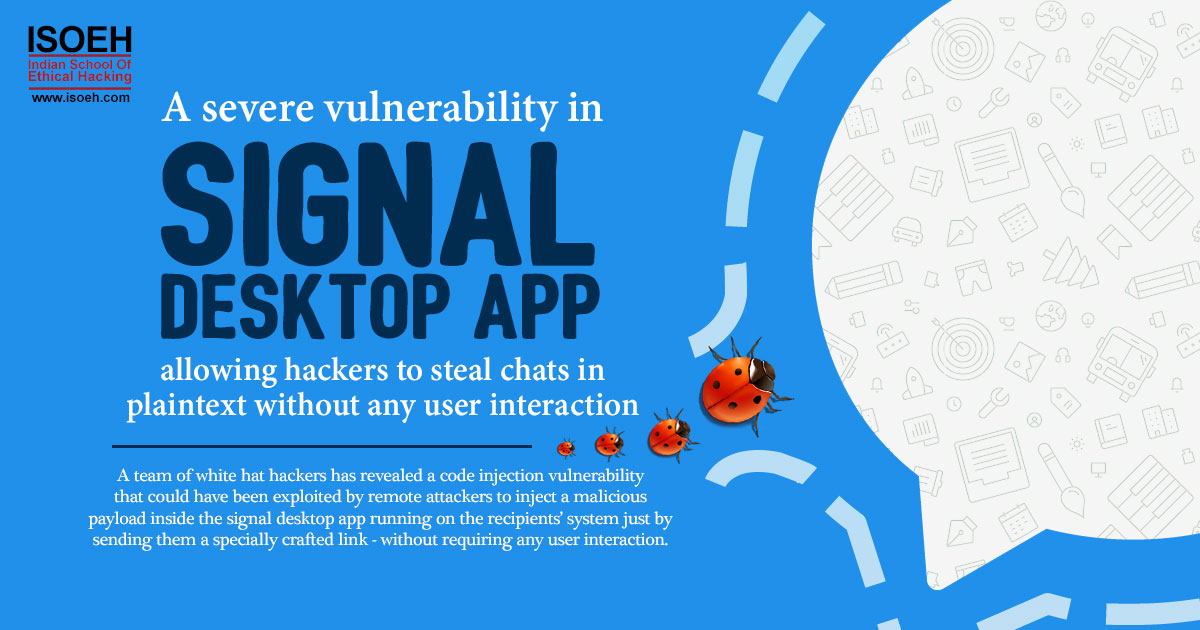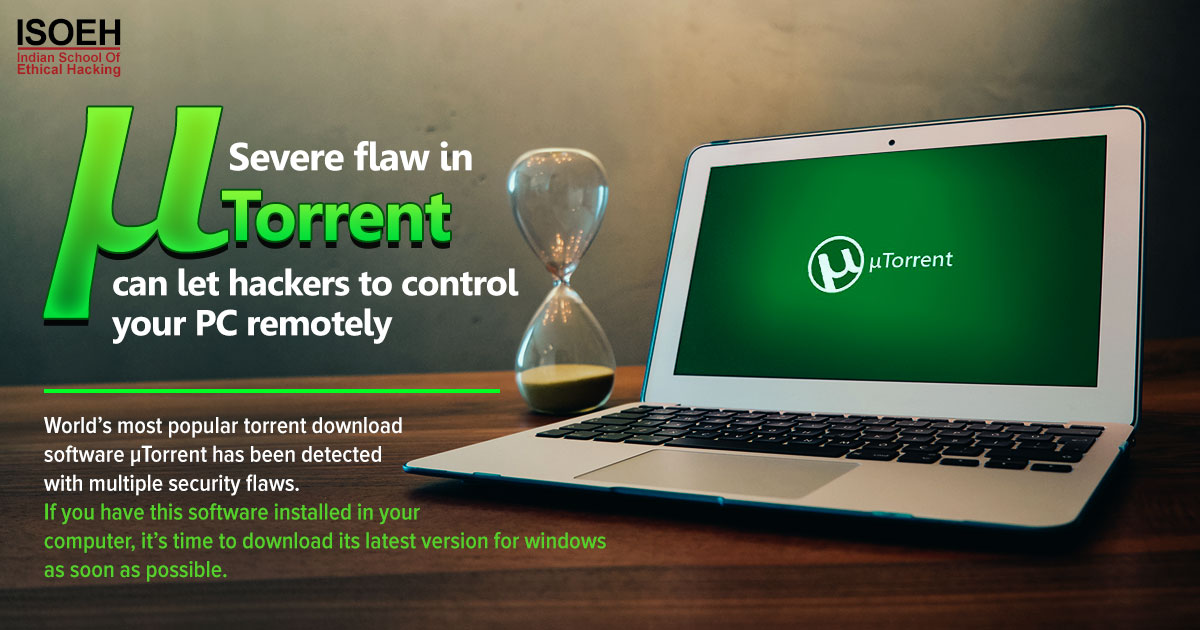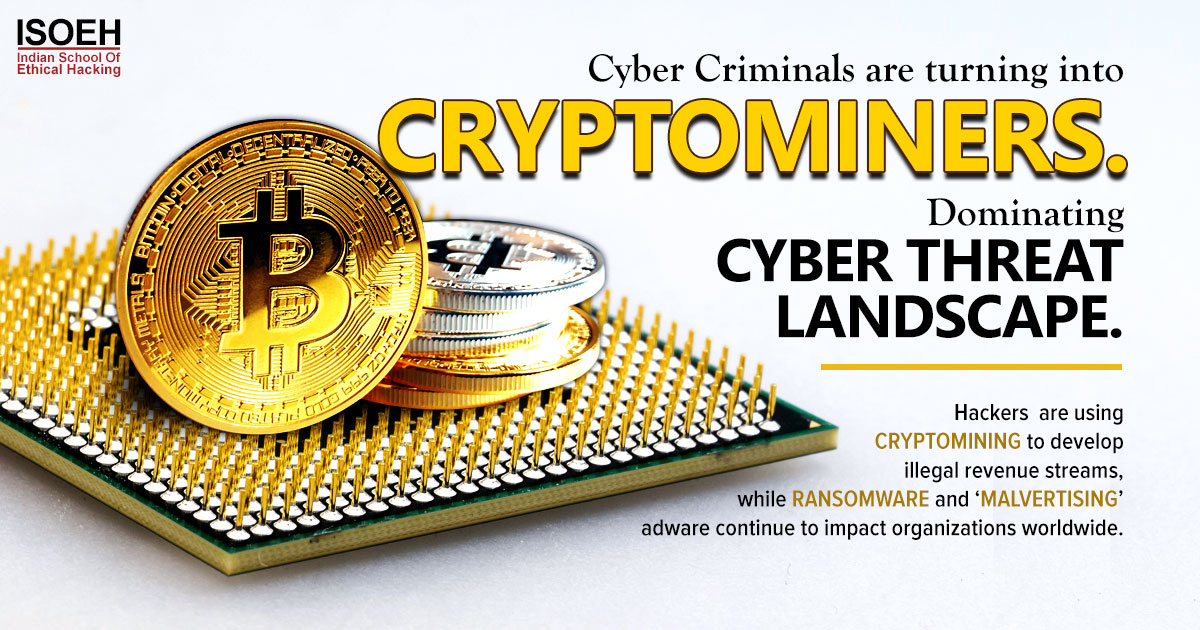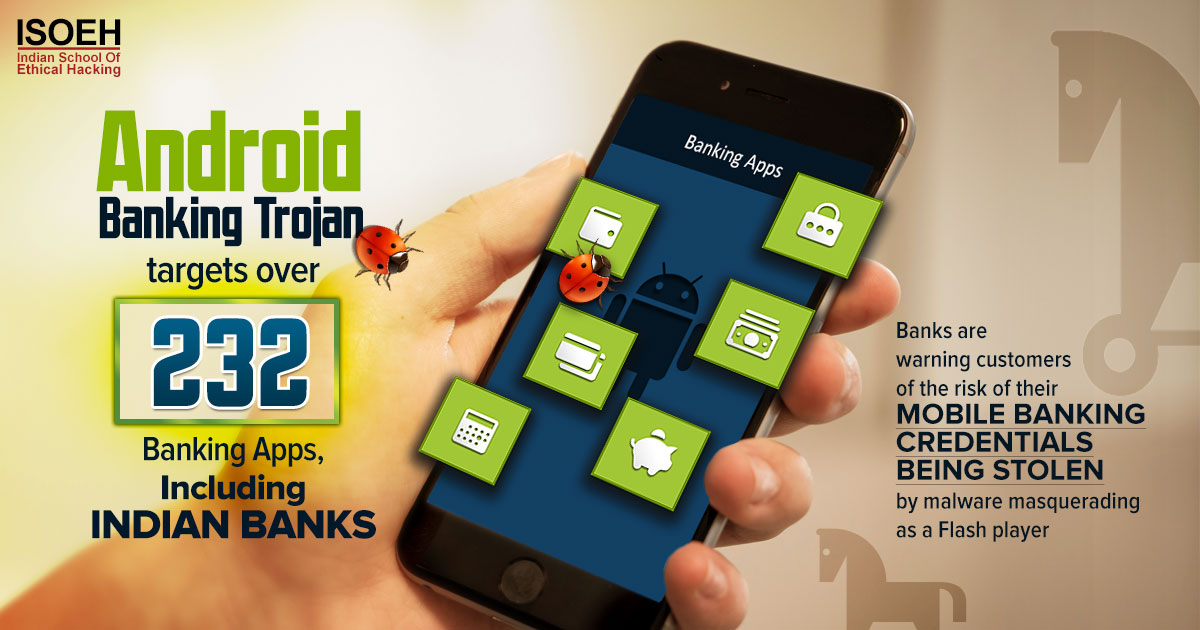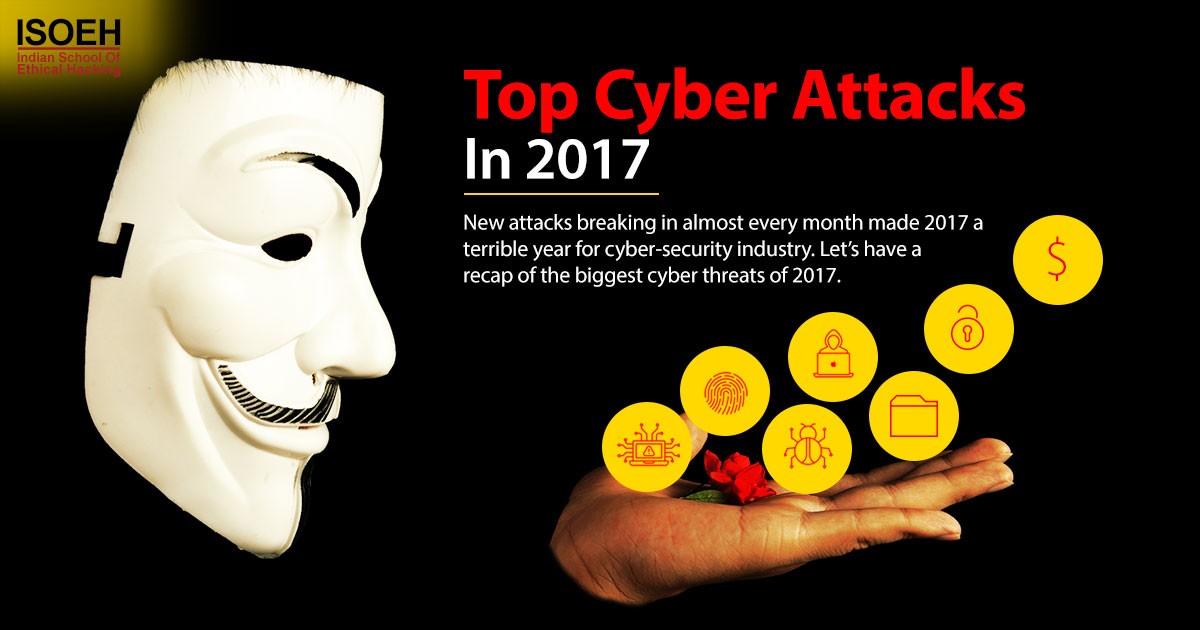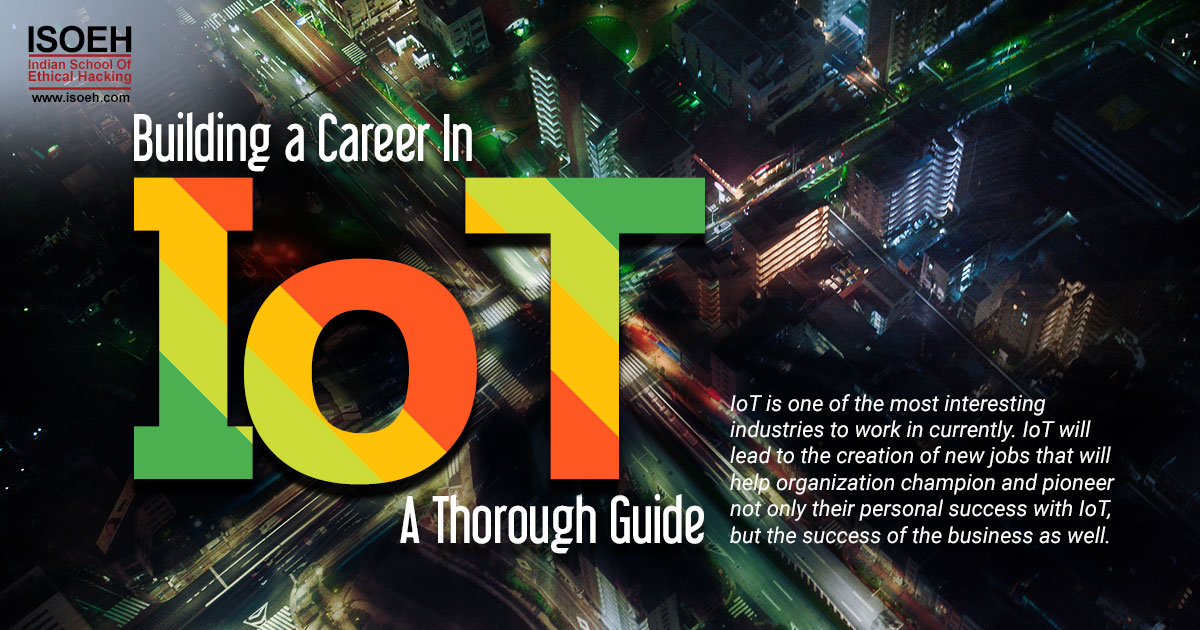
As the world is becoming more reliant on technology, we are finding more ways that technology can enhance our lives. But since the dawn of technology, we've been afraid of technology eliminating our jobs.Report from market intelligence provider IDC predicts IoT revenue to grow by more than 16% by 2019, reaching around $357 billion.
Even that's only brushing the surface. A study from Business Insider Intelligence estimates that 24 billion IoT devices will be installed by 2020. Internet of Things (IoT) will be a key component of most digital transformation efforts for all the obvious connected reasons. Have a look at the top IoT trends that are going to take over in the coming years.
The possible applications for IoT connectivity truly span across all industries (the "Industrial Internet" is already a thing in the manufacturing and energy sectors), and that's good news for tech job seekers who want to get in on the action.
Why pursuing a career in IoT is a good idea?
IoT is one of the most interesting industries to work in currently. All the amazing innovations happening right now in agriculture, energy consumption, home automation, driverless cars, and more around the world, you can live your wildest sci-fi ideas and visions when you have hands on exposure and experience on IoT and its allied devices.
You can build from scratch or prepare algorithms or cloud architectures that would complement your goals. Tons of companies and angel investors are awaiting breakthrough innovations in tech and you could have the perfect idea to solve a particular issue.
If it is entrepreneurship what you intend to pursue, having a rock solid skill-set in IoT can change your game.
IoT will do exactly what technology does everywhere — it supplants low-skill jobs with high-skill jobs. Eventually, the Internet of Things will lead to widespread replacement of simple and repetitive jobs in areas such as manufacturing, administration, quality control and planning. But more importantly, IoT will lead to the creation of new jobs that will help organizations champion and pioneer not only their personal success with IoT, but the success of the business as well.
IoT is also one of the most lucrative industries currently following Data Science. Companies are looking for skilled IoT experts to be part of their tech team to address several issues in terms of operations and performances and your expertise could alter their scenario. And if you are really good at it, you can enjoy rewarding paycheques not only in this country but abroad as well.
What skills do you need?
Job roles are evolving and you must evolve in terms of your skill sets too. When you evolve, you not just pave way for a secure and irreplaceable job profile but for an authoritative one as well. The top skills required to work in IoT include –business intelligence, programming/software development, information security etc. However, as more companies specialise in IoT, it is likely that the business will consist of multi-disciplinary specialists who concentrate on one or two areas at a time, so the need to have a technical background is less of a worry. Programming experience is not the be all and end all for IoT. Many start-up companies who create the IoT devices need people with marketing, project management, design, sales and analysis experience to launch their products.
Job opportunities of IoT professionals:
As the Internet of Things continues to expand, forward-thinking IT professionals will enjoy a variety of challenging and lucrative job opportunities:
1. Enterprise Architect
The Enterprise Architect works on the business side of IoT, working with both leadership and subject matter experts to make sure both IT and business goals are aligned.
2. Chief Internet of Things Officer (CIoTO)
The CIoTO will be responsible for driving the technology decisions that in turn steer the direction of the business. This person will develop the company's IoT strategy, tying the adoption of new technology to clear business results. Effective communication will be paramount for this position.
3. IoT Business Designer
IoTBusiness Designer is a creative thought leader who will search for business opportunities that can be addressed through IoT, then assemble a tech solution to address the opportunity. The companies that will succeed will be the ones who pursue the right business models and create the best user experiences — all by thinking creatively about the business.
4. Firmware Engineer
Firmware Engineers create the software used in electronic devices. Examples include data management and transport.
5. Fuller Stack Developer
For engineers who know hardware and web, they've been able to increase their marketability and salary thanks to many new opportunities developing in the Internet of Things. For an IoT developer, hardware engineering and UI/UX design are listed as desired skills.
Regardless of what we're doing right now, many of us are going to find ourselves increasingly involved in IoT. The advent of IoT is no different, and much like the industrial and technological revolutions that preceded it, we'll find that instead of fearing for our jobs, we should embrace the fact that IoT will take the mundane activities out of our work lives and offer new, unique opportunities to evolve and expand our skill sets.
Hacking Tools
Explore All Hacking Tools »
UFTP is an encrypted multicast file transfer program for secure, reliable & efficient transfer of files. It also helps in data distribution over a satellite link.
Read DetailsBreaking News
Breaking News Of Each Month »
The recent pandemic was unexpected and unknown to most part of the world. It has changed our life and we are slowly adapting to our new lifestyle. The risks associated with the new lifestyle, both personal & corporate, are unknown to most of us.
Read Details


